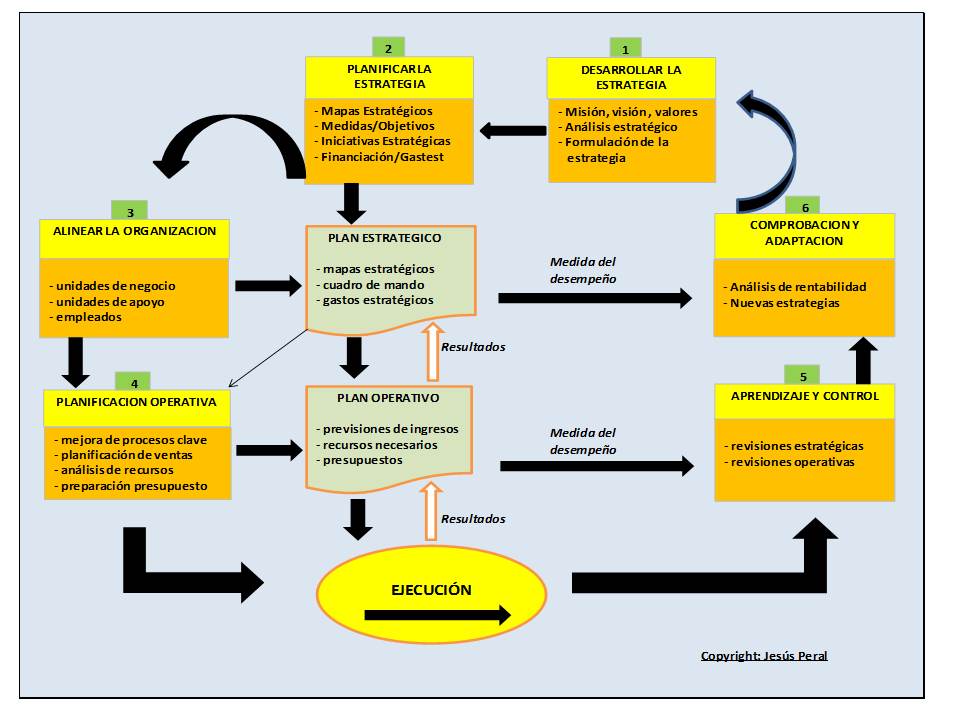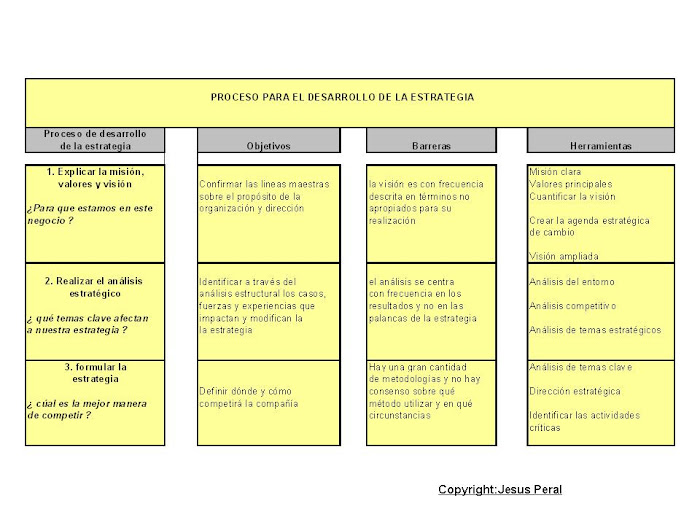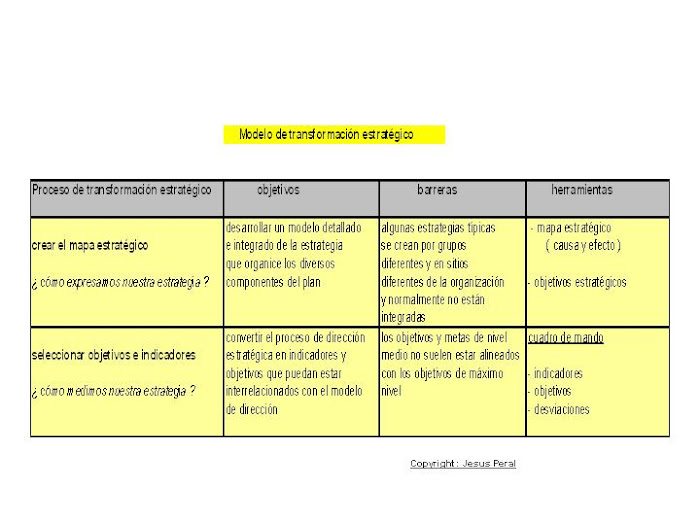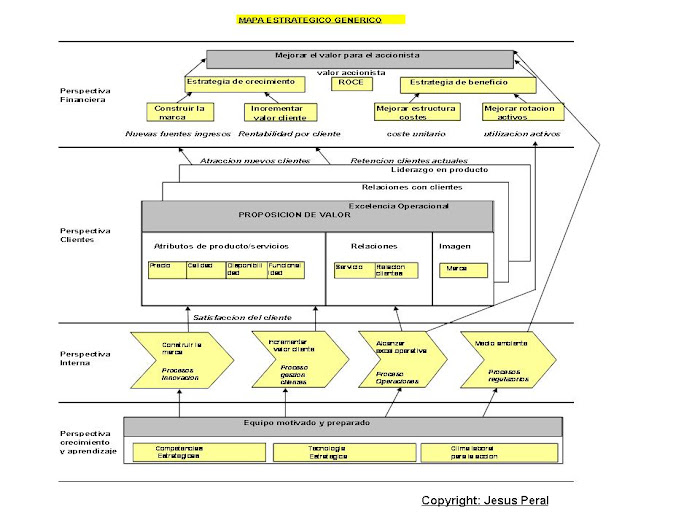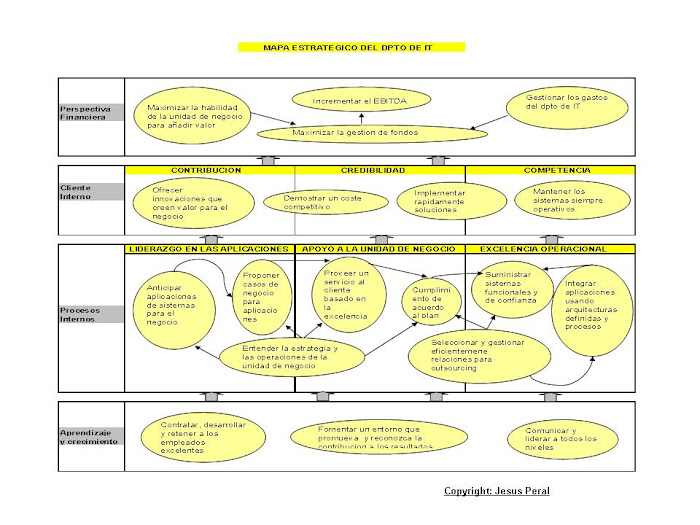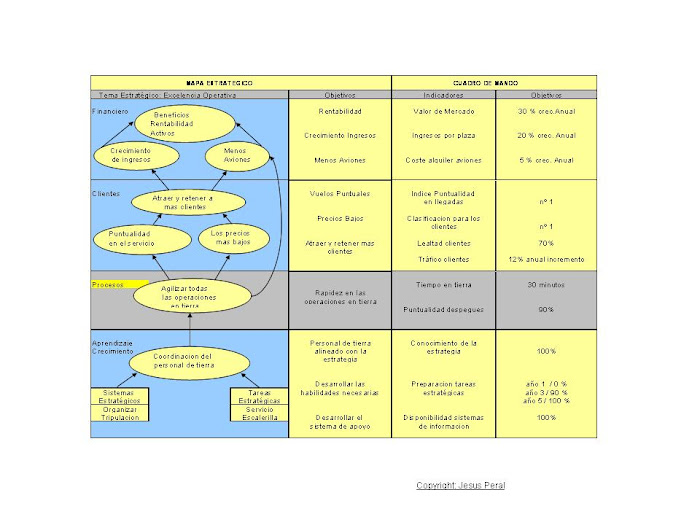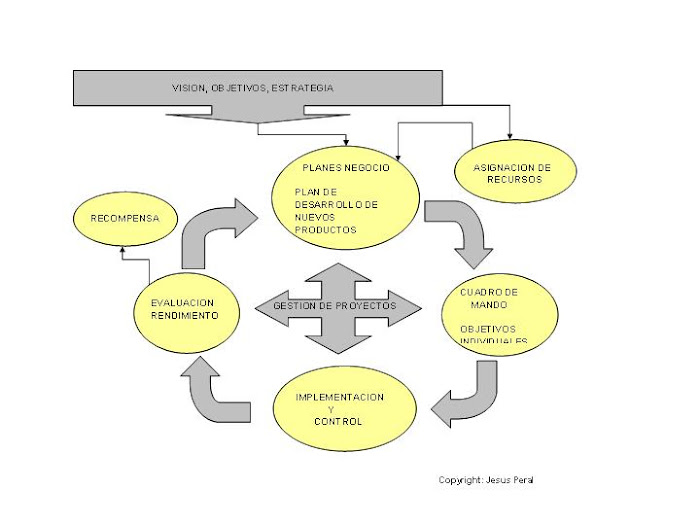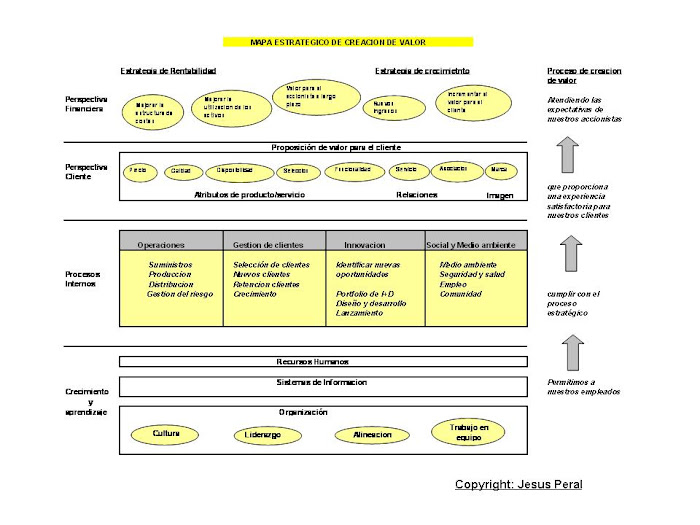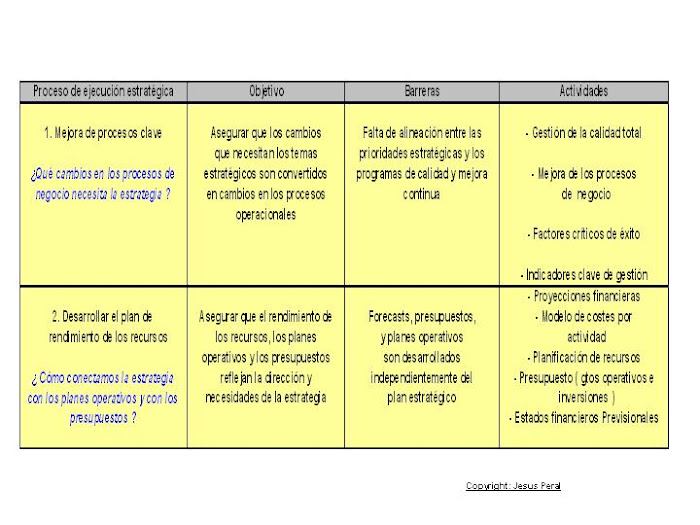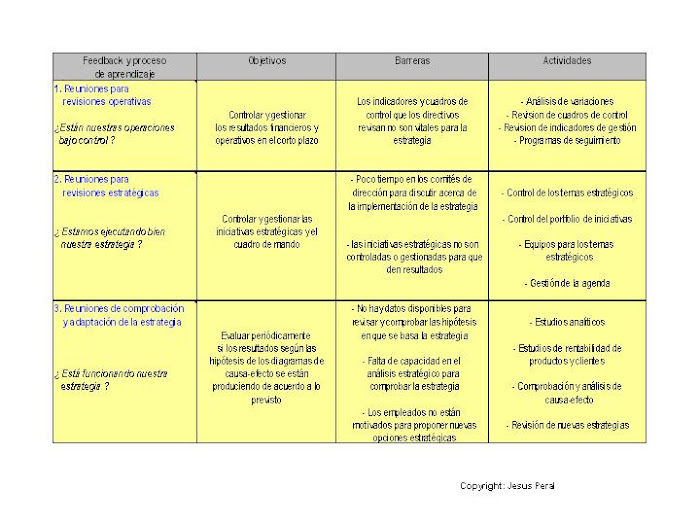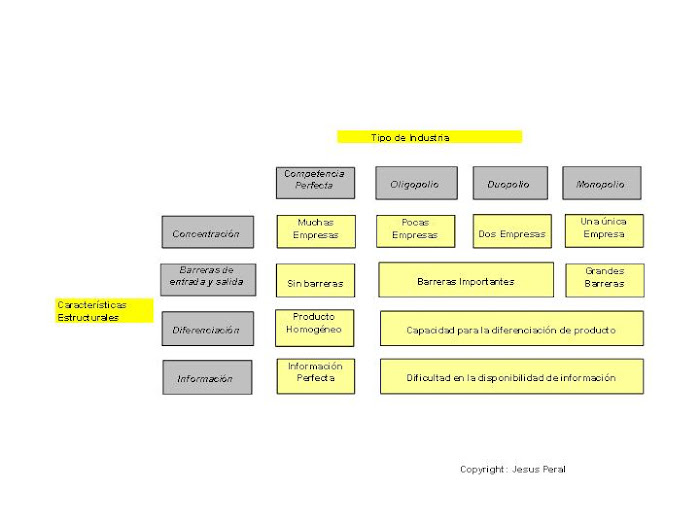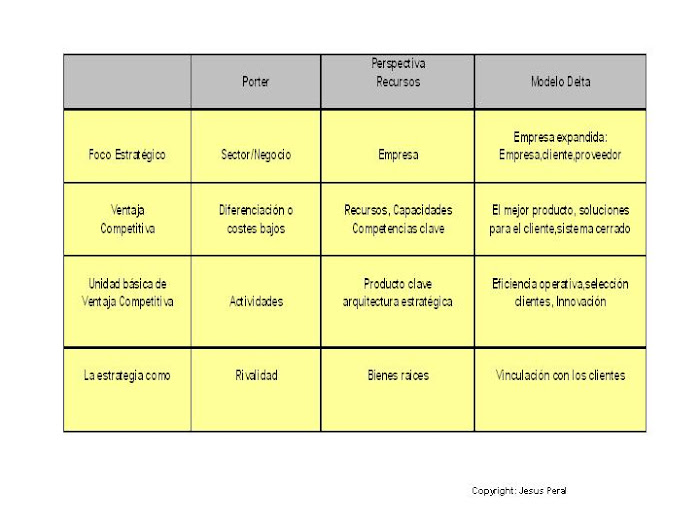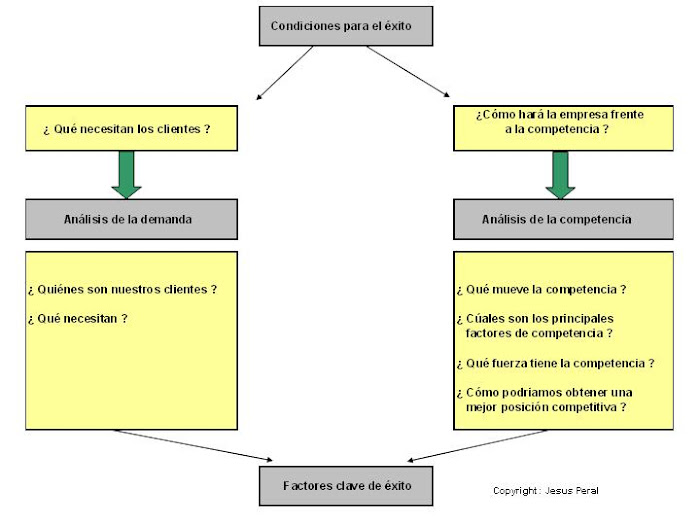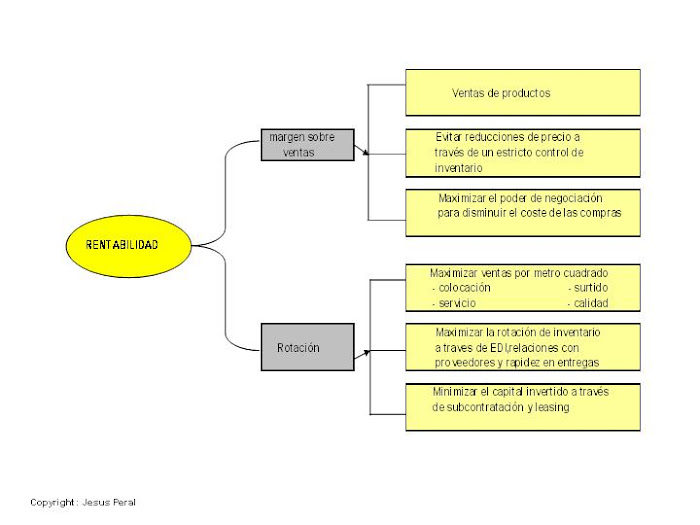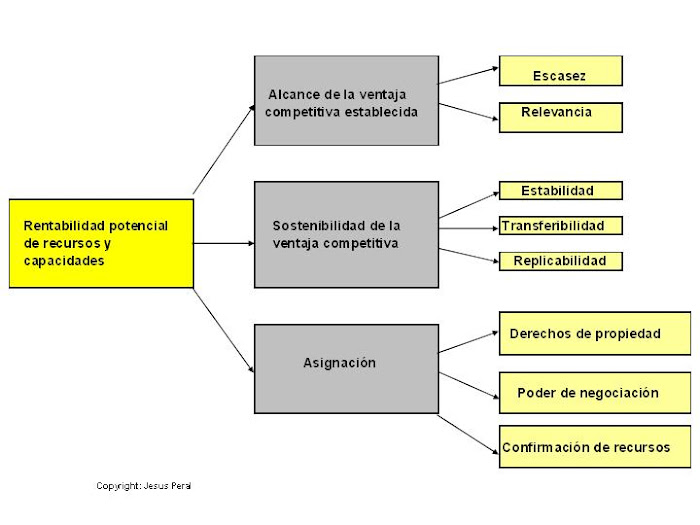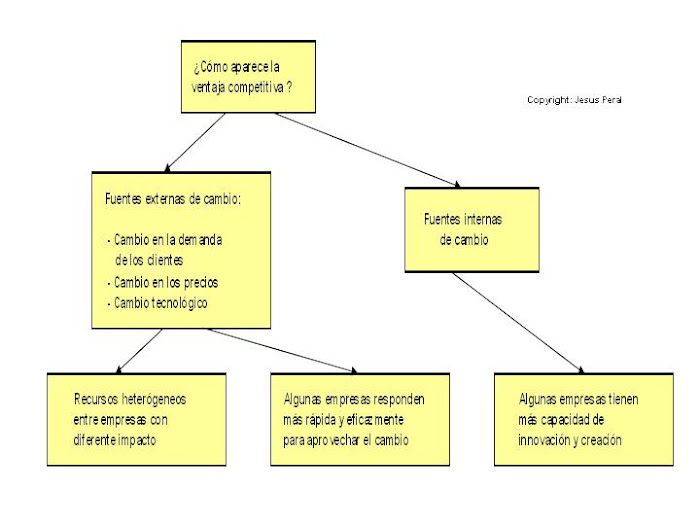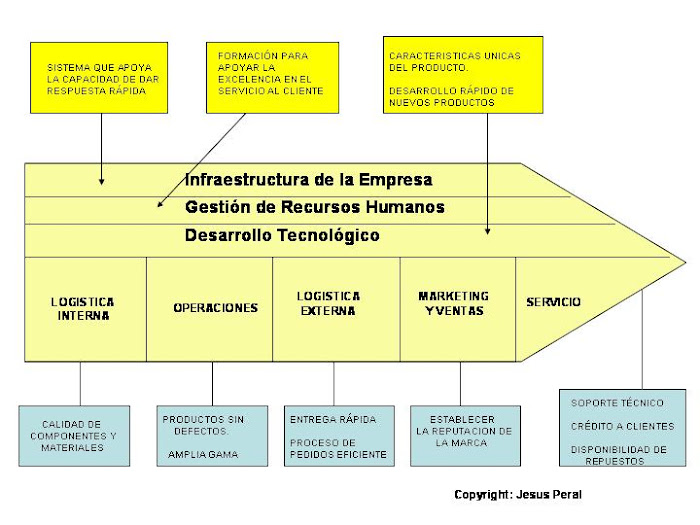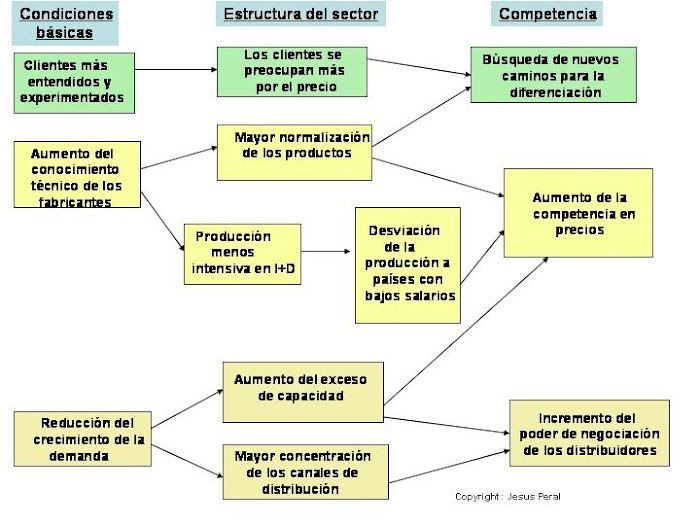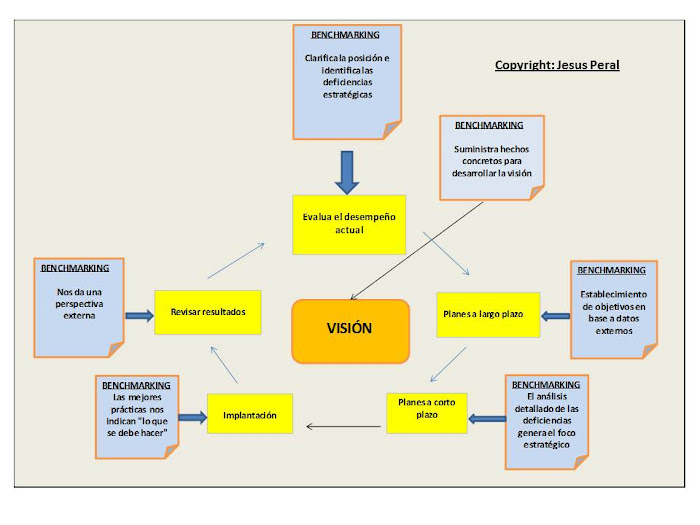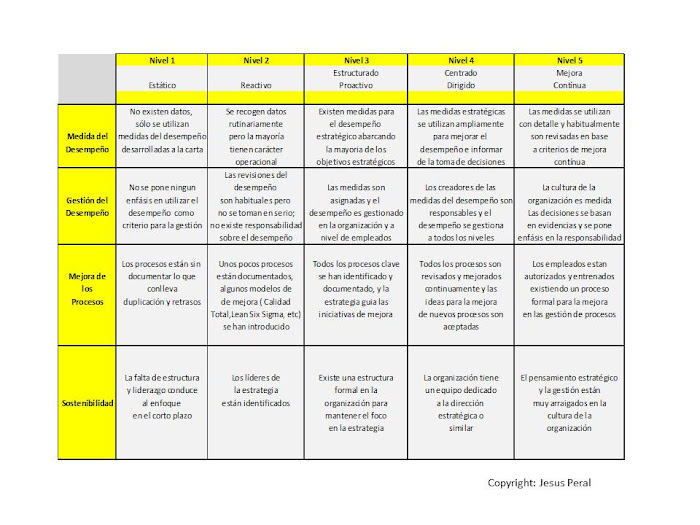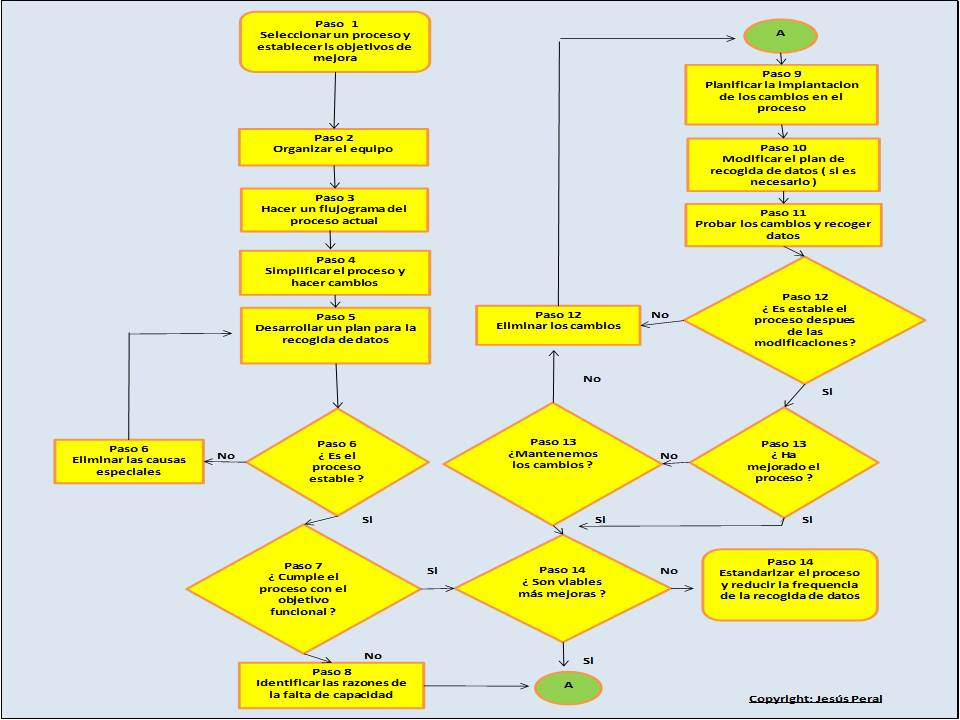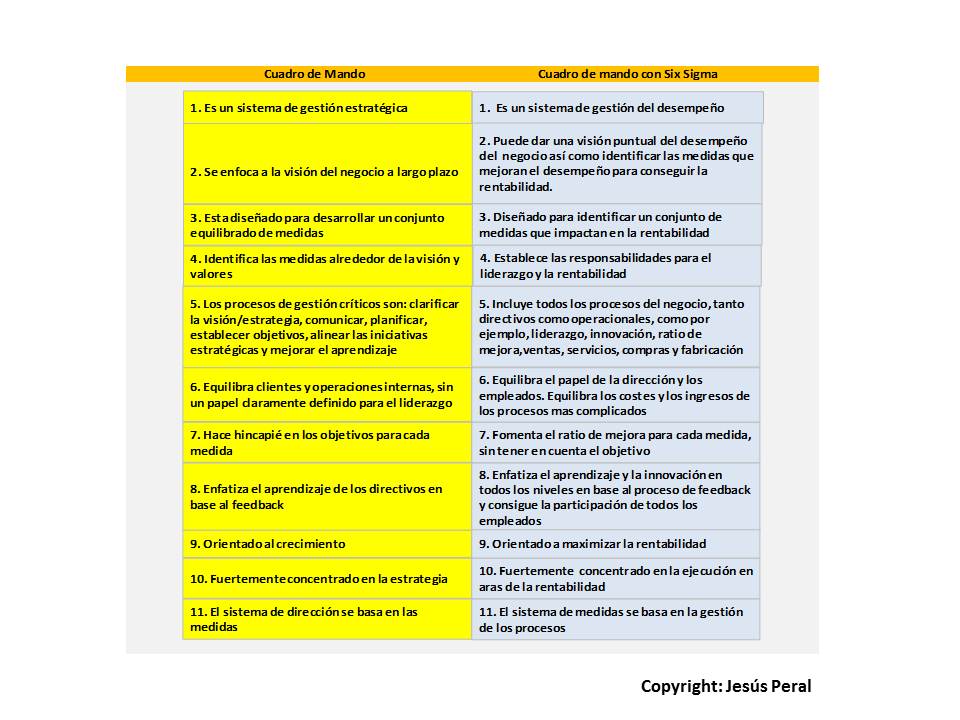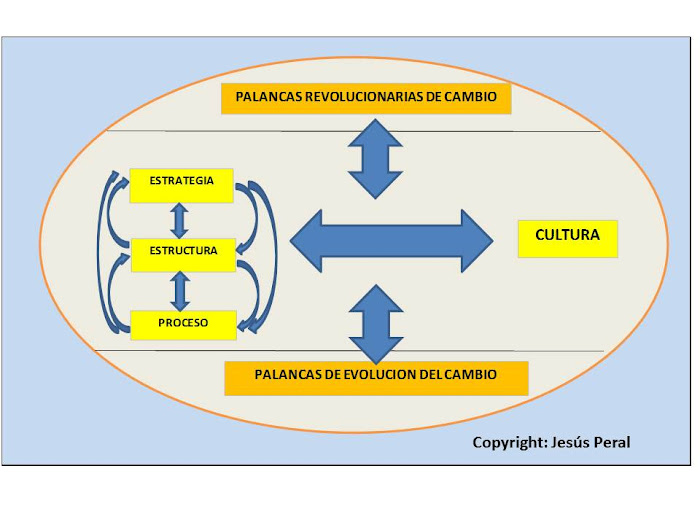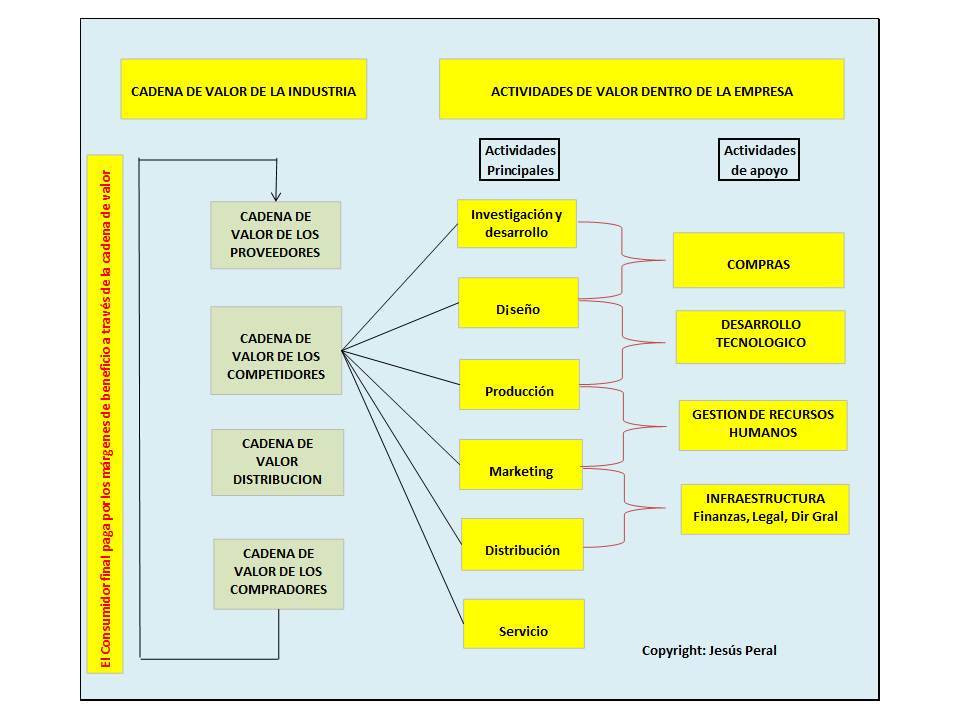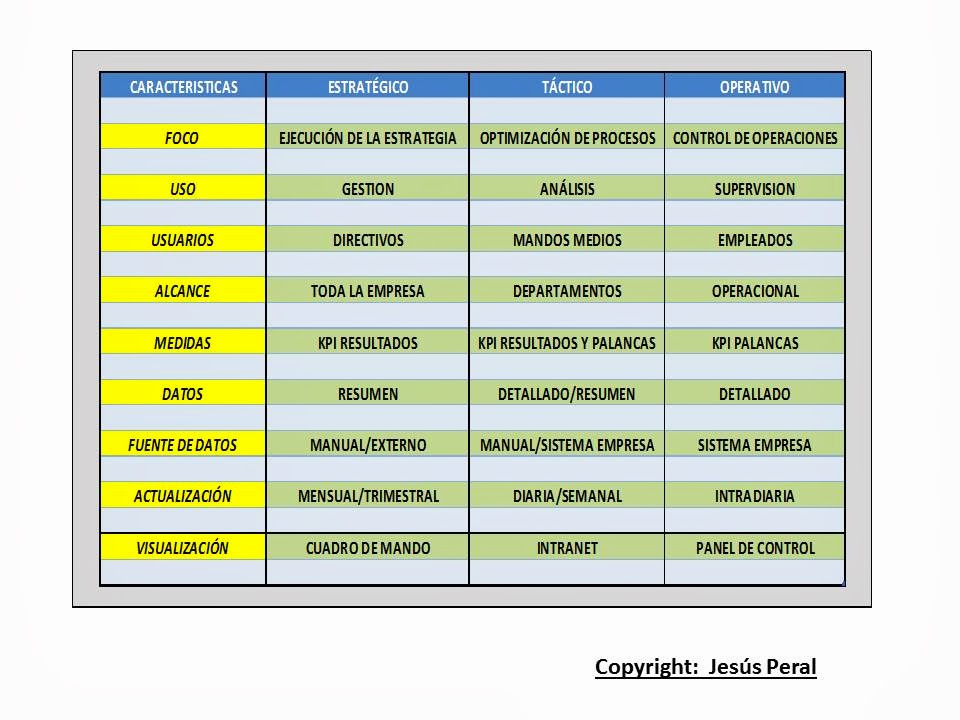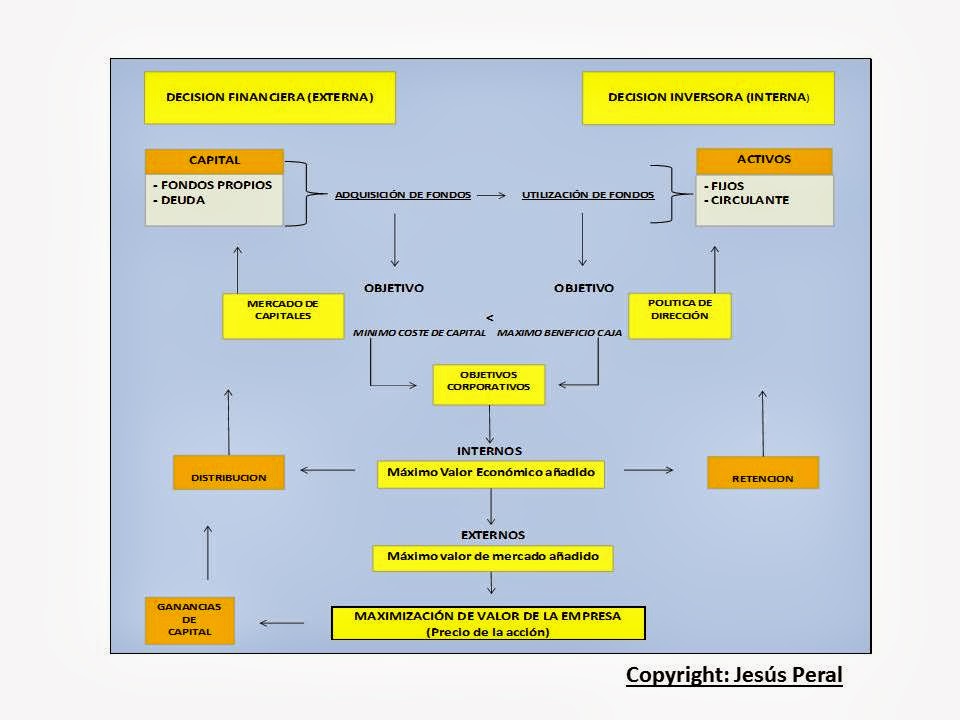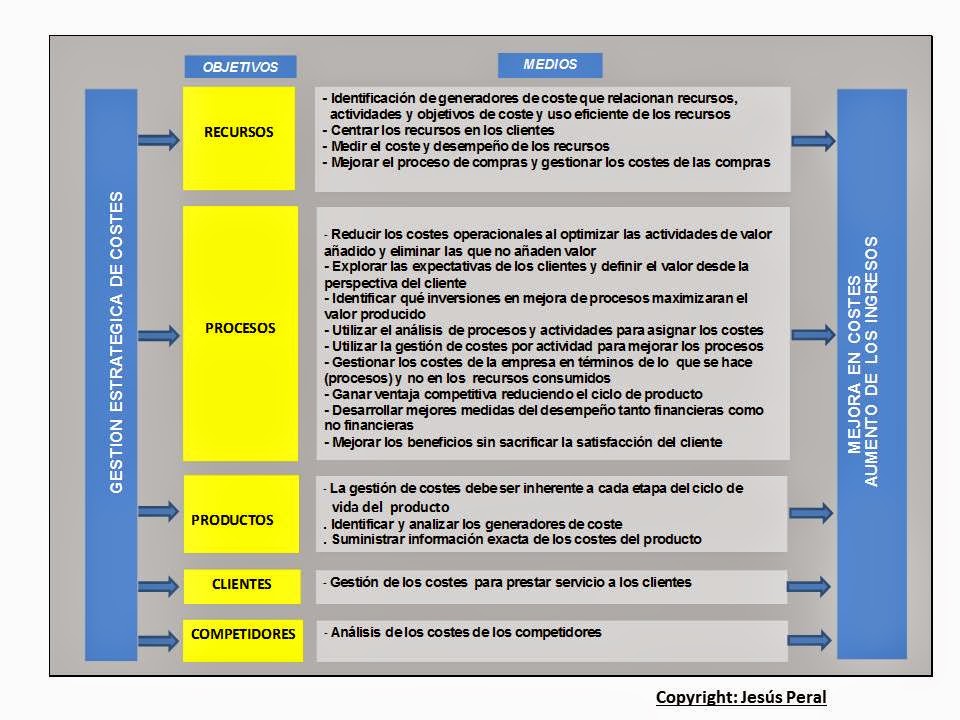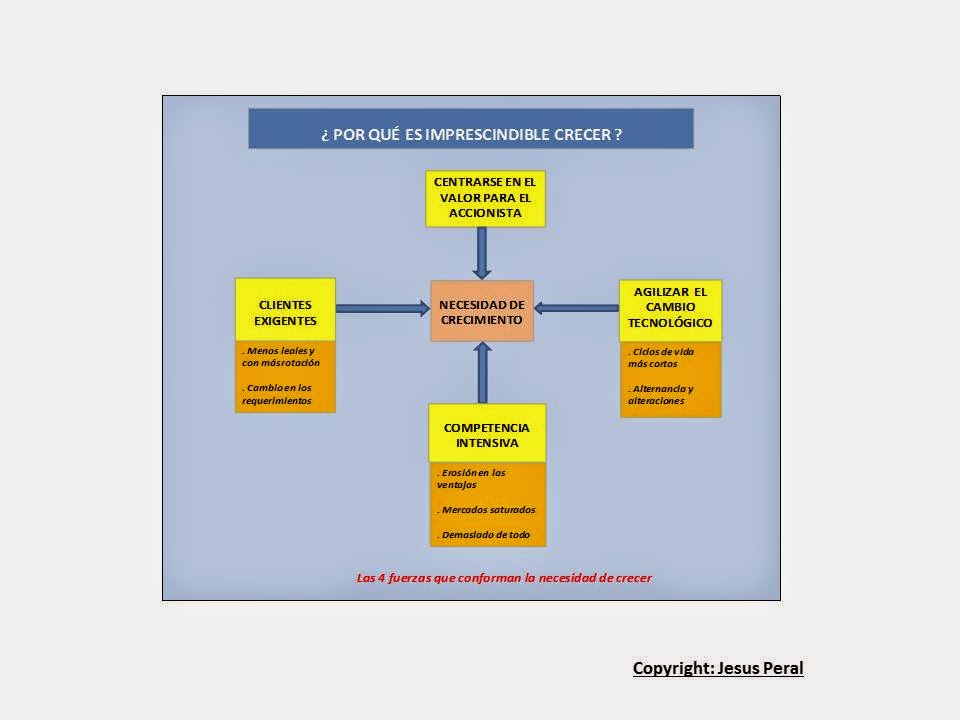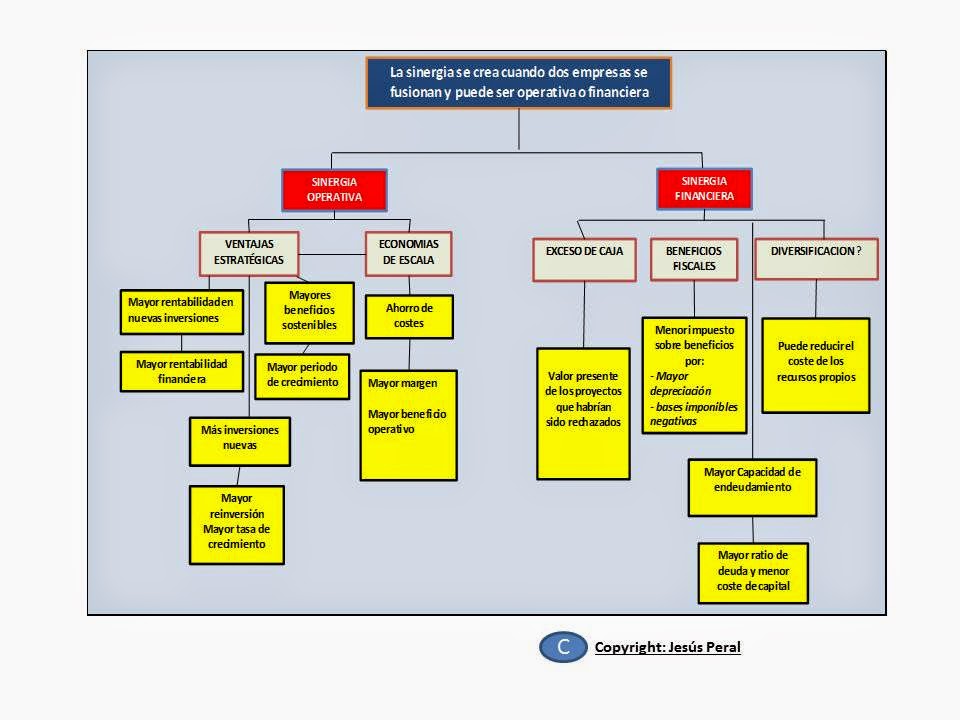Over the last 6 years I have been involved in
Finance transformation projects related to BPO activities, Shared Service
Centre implementation and Migrations & Transitions to stabilize existing
Centers of Excellence. The companies where I worked, in different countries,
are well known and successful which took the decision to follow this strategic
transformation to standardize processes, gain efficiency, reducing operating costs
and above all to enhance the value of the finance function as partner of the
decision making and future pillar to achieve a sustainable competitive
advantage. The companies act in highly competitive markets with a fierce
competition and with clear pressure from shareholders and stakeholders.
This movement in my career was guided for my
approach to get a continuous learning and to understand the two sides of the
story. I have an extensive experience as Finance Director so my view from the
customer perspective was clear in terms of requirements and improvements. Hence
I was looking for gaining experience from the supplier perspective to achieve
what I call “the whole egg”.
During this period the word Finance
Transformation was very common in all meetings regardless the level of the
attendees. Every one mentioned this for different activities. The first
question I tried to answer was: What do we gain with a Finance Transformation
project?
Well, from all my experience in the above
mentioned companies and projects, the summary would be as follows:
·
Need
of less investment of time and resources in all the operational and control
processes
·
Improve
of the quality of the information for the decision making process
·
Increase
in the specialization of the finance resources
·
Finance
becomes a business partner
·
Finance
organization can be focused in value added and strategic activities
·
To
achieve synergies it is necessary to be focused on the delivery of
standardized services and the
consolidation while you balance the local and business units needs
The main focus of all the transformation
projects is similar in my opinion, apart from the core achievements, the
companies would need to be focused in being a learning organization and
leverage the knowledge, so I would say to excel in the knowledge management.
A learning organization is skilled in creating,
acquiring and transferring knowledge. In other words, a learning organization
improves a company´s ability to react to, to adapt to, and capitalize on
changes in its internal and external situation. All the projects commented
above have a common core element, the knowledge transfer.
In my opinion the learning organization need
practices and mechanisms which will:
·
Capture
what is happening in the business environment
·
Enable
those who receive the information to relate it to what others are observing and
to analyze it in the light of the company´s previous knowledge
·
Document
both information and analysis and make them available to others at the company
and also for subsequent use
·
Measure
the organization´s rate and level of learning in order to ensure that gains
have in fact being made
Probably all the above elements could be
considered as part of the knowledge management. I would say knowledge is
information combined with experience, interpretation and reflection. Hence
knowledge management could be the systematic process for the purpose of
collecting and controlling the resources of the employees and abilities just as
a company controls its inventories, raw materials and other physical resources.
At this point of the post, I would like to
mention other critical element, the information. There are several reasons why
we are nowadays talking increasingly about the strategic importance of the
information. The technology has given us new possibilities while also forcing
us to seek competitive advantage in ways less easily imitated that close
physical proximity to customers. What companies can do is to create structures
around people, places for interaction in combination with procedures and stored
data.
Based on my above mentioned experience a
company searching a conscious policy of knowledge management has to ask itself
a very simple question: What do we want
the knowledge for? The assets of a company run for profit are worth the
present value of the effects on expected streams of future payments. When a
company makes an investment in a data warehouse it does so in anticipation of
improving its profits, meaning, of lowering costs and/or increasing revenues.
How do we describe the link between expenditure and benefit? In other words,
before we spend our money we should try to agree on why we are doing it.
My observation is the focus is on the structure
surrounding people and data. But what tools, what infrastructure is provided
for people? What incentives are offered to encourage them to contribute their
knowledge? Are successful stories published which show the value of sharing
knowledge? The formula should include data, people and structure. The companies
should work on its strategy to create something unique and difficult to
imitate. As you can imagine this is not supposed to be easy but this is part of
the top management role.
I would like to finalize this post commenting
on the other critical element, the systems. In my opinion the underlying cause
of change is the shift of focus towards core competencies at the heart of the
processes and away from the process flows themselves. Based on this the change
imposes new requirements on company information systems. I have seen this
directly. So, what should be the requirements of these systems? My observation
is the systems should provide new languages, categories to identify and measure
the company´s competencies and skills. In addition the new applications should
emphasize the problem solving and presentation rather than results and
transactions. With this regard I have seen different reengineering projects but
this traditional view is usually taken to mean gathering traditional company
information in newer, cheaper or simpler ways so that it can be made available
more rapidly to more people. But if the companies are to be focused on core
competencies these are normally based on learning and experience therefore the
traditional data warehouse solutions have little to offer in my view. The
challenge here is to build up information systems which see that company
employees share both their information and their experience and which help them
to do so.
As a summary I would like to say as I have seen
in my journey so far the systems support the processes, transactional
processes, integrated logistics where applicable and work flows. However the
challenge, in my opinion, is to achieve systems which support competencies, for
example, conversation and learning at work, networks for connecting people,
structures to interchange of experience and communication building.
The journey is still in place so hope to see
the new developments and how companies are adapting the finance transformation
projects to the new demands of the environment, the challenges in the markets
where the companies operate and the underlying need for the finance function to
be seen as a value driver and the necessary business partner.

